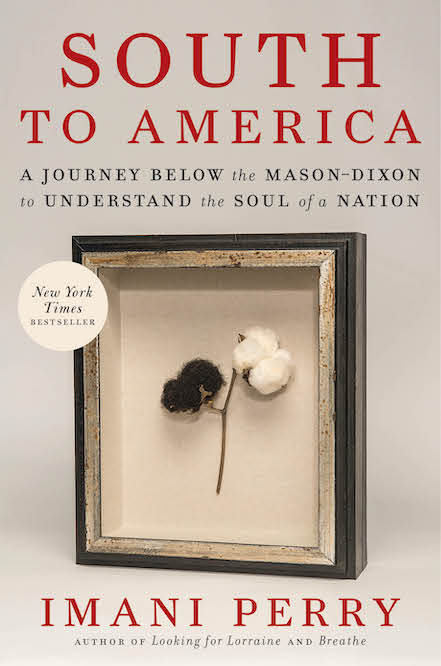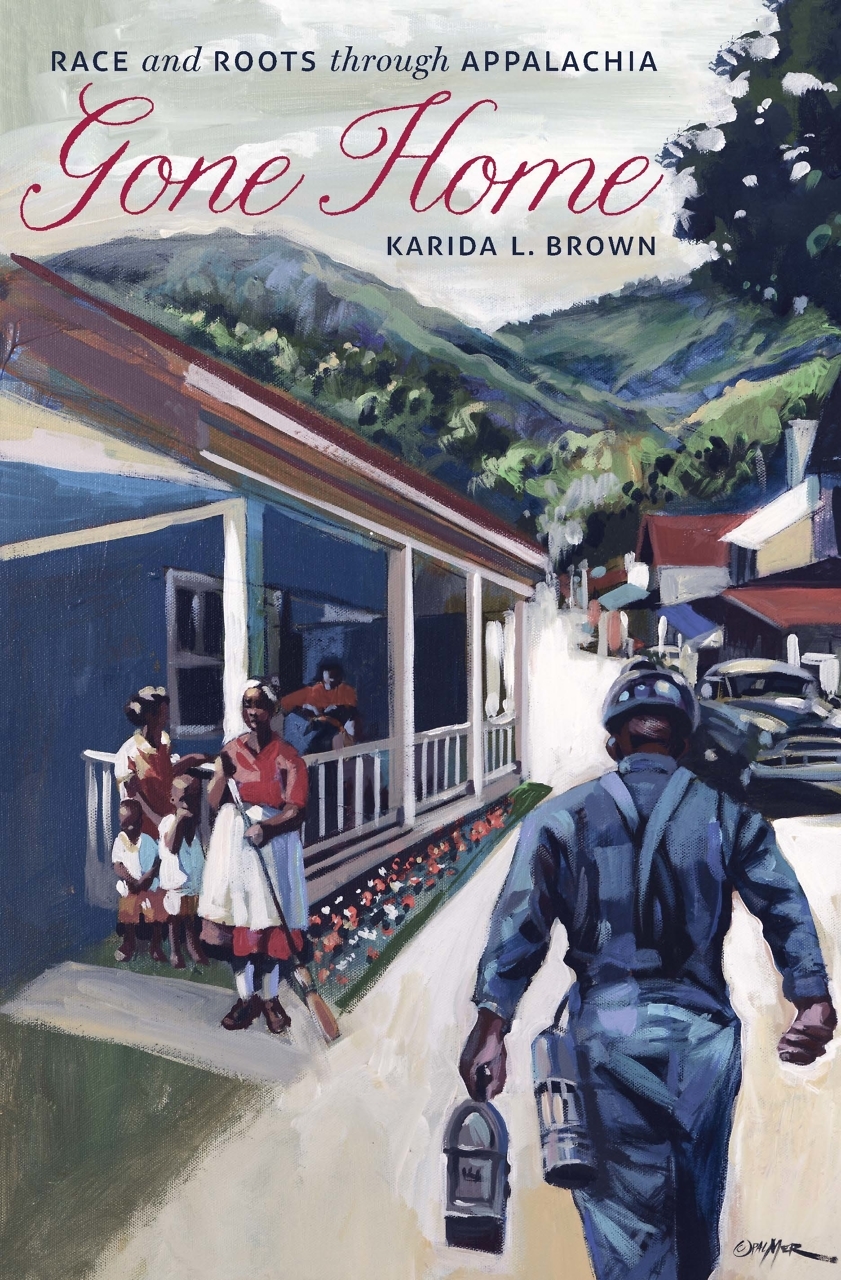Shattered Lives
A distraught father tries to catch a killer who attacked his daughter in David Bell’s latest thriller
In David Bell’s gripping new novel, Bring Her Home, a widowed father’s nightmare unfolds as he tries to catch the monster who attacked his daughter. As in any fever dream, the truth shifts and re-forms, out of reach until the last, gasping moment. Bell is a master of suspense, and the twists here will satisfy any thriller fan. In many ways, though, Bring Her Home is more than a traditional tale of justice; the book also dives deep into the psychological turmoil of a man facing the greatest loss imaginable.

The story begins at a hospital with a girl who’s been beaten beyond recognition. Her friend died from similar injuries, and the search for their attacker turns up a third victim. It’s as if someone is specifically targeting young, blonde teenagers. Suspicion falls quickly on a few of their classmates, boys who were running an unseemly contest—points scored for every sexual conquest. But the truth is gnarled, and few of the characters are model citizens.
To varying degrees, all crime fiction is about who’s to blame. In Bell’s hands, though, that theme becomes more complicated and more contemporary. One scene has a normally even-keeled aunt defending her unconscious teenage niece, reminding the girl’s father to focus on the big picture and not birth control or bellybutton rings. Later, the father of another victim wonders what his daughter might have been doing to attract attention, as if a child could be at fault for her own beating and near-death experience. While she lies in a coma, perhaps never to wake up, the father declares, “She has a lot of explaining to do.”
We see this narrative play out on college campuses nationwide. Rape victims are asked about the length of their skirts or the number of drinks they consumed, as if the wrong answers could make them responsible for their own violations. This treatment of victims becomes even more unsettling when the lens turns to high-school students, rebellious teens who are—even when they’re pretending to be grownup—still children.
 The theme of responsibility extends to self-flagellation in the parents, as well. The protagonist, Bill Price, blames himself for not asking his daughter, Summer, where she was going on the day of her disappearance. Summer’s Aunt Paige worries that she should have revealed a private conversation they had about sex. Another parent wonders about her own culpability. Did she pray hard enough? Was she strict enough? Bell has created a prism of what-ifs, each one scattering futilely into the murky darkness of the case. Ultimately, this is a novel about family, about how our relations know us at our best and our worst. Even then, there are secrets—sometimes dangerous ones.
The theme of responsibility extends to self-flagellation in the parents, as well. The protagonist, Bill Price, blames himself for not asking his daughter, Summer, where she was going on the day of her disappearance. Summer’s Aunt Paige worries that she should have revealed a private conversation they had about sex. Another parent wonders about her own culpability. Did she pray hard enough? Was she strict enough? Bell has created a prism of what-ifs, each one scattering futilely into the murky darkness of the case. Ultimately, this is a novel about family, about how our relations know us at our best and our worst. Even then, there are secrets—sometimes dangerous ones.
Bring Her Home is an evenly paced portrait of a grieving man in the wrappings of a thriller. Bell’s insightful portrayal of a father is perhaps less surprising than his uncanny understanding of teenagers, specifically how smart and strong teen girls can be despite the stereotypes. Of course, Bell’s talent for realistic family dynamics was on display in earlier books, as well, including his award-winning Cemetery Girl.
Missing people might be what poet Frank Bidart would call Bell’s “radical given,” the one writing obsession he can’t escape. That’s lucky for readers, though, because Bell’s books give us vivid, terrifying glimpses into the lives of those left behind. Near the beginning of Bring Her Home, the distraught father hurls a vase against the wall, where it shatters. It’s hard to think of a more apt metaphor for this character’s emotional state, his life in tiny fragments that he must somehow reassemble. Despite the inevitable setbacks, there’s also satisfaction in watching him succeed, watching him piece together—sliver by sliver—the mystery.

Erica Wright is the author of a new crime novel, The Granite Moth, as well as two poetry collections. Now a senior editor at Guernica, she grew up in Wartrace, Tennessee, and received her M.F.A. from Columbia University.


